As South Africa takes the helm of the G20 Presidency for the first time, President Cyril Ramaphosa has urged world leaders to prioritize inclusivity, cooperation, and reform in tackling today’s most pressing global challenges.
Speaking at the G20 Foreign Ministers’ Meeting in Johannesburg’s Nasrec, President Ramaphosa underscored the historic significance of hosting the G20 Leaders’ Summit on African soil, emphasizing the need to amplify the voices of developing nations.
The meeting, led by International Relations and Cooperation Minister Ronald Lamola, aligns with South Africa’s G20 theme: “Solidarity, Equality, and Sustainability.”
A Platform for Africa’s Growth and Global Cooperation
Highlighting Africa’s role in the global economy, President Ramaphosa stressed that the continent is home to some of the fastest-growing economies but continues to grapple with challenges like climate change, trade imbalances, and development disparities.
“The fact that this year’s G20 Summit is taking place in Africa sends a strong message: African nations must have a greater say in shaping global policies on key issues like sustainable development, the digital economy, and clean energy transitions,” he said.
He called for stronger partnerships between Africa and the global community to drive economic progress and resilience, warning that the world’s fragile geopolitical landscape—marked by economic inequality, food insecurity, and conflict—requires urgent, collective action.
“These crises are interconnected. They demand solutions that are inclusive, coordinated, and fair. Yet, divisions among major global powers, including within the G20, have hindered progress,” he cautioned.
With just five years left until 2030, the President urged nations to reaffirm their commitment to the Sustainable Development Goals (SDGs), stressing the importance of eradicating poverty and hunger, achieving gender equality, expanding access to education and healthcare, and promoting sustainable economic growth.
Reforming Global Governance and Financial Systems
As the United Nations approaches its 80th anniversary, President Ramaphosa renewed South Africa’s call for systemic reforms to international institutions, including the UN Security Council, global financial structures, and trade mechanisms, to make them more representative and effective.
“The world has changed, and so too must the institutions that govern it. The UN Security Council, the multilateral trading system, and the global financial architecture must be reformed to reflect today’s realities. They must become more inclusive, responsive, and agile,” he stated.
He emphasized that multilateralism, the UN Charter, and international law should remain central to the G20’s global decision-making, ensuring that all nations—especially those in the Global South—have a seat at the table.
Addressing Global Conflicts Through Diplomacy
President Ramaphosa also turned attention to ongoing conflicts in Ukraine, Sudan, the Sahel, and Gaza, expressing deep concern over their humanitarian and economic consequences.
Welcoming the recent ceasefire between Israel and Hamas, he called it a critical first step toward lasting peace and urged world leaders to prioritize diplomatic solutions over prolonged violence.
“Our own history as South Africans has shown that inclusive dialogue and peaceful negotiations are the strongest foundations for sustainable, lasting peace. As the G20, we must stand firm in advocating for diplomacy as the primary path to conflict resolution,” he said.
A Presidency Rooted in Unity and Action
President Ramaphosa reaffirmed South Africa’s commitment to ensuring that all voices are heard during its G20 Presidency.
“The G20 represents over two-thirds of the world’s population. It cannot be a space where only a few dictate the course of global affairs. Its policies and decisions must reflect the needs and aspirations of all nations,” he concluded.
As South Africa leads the G20 in 2025, its focus remains on strengthening global partnerships, fostering economic inclusion, and championing the interests of developing nations, ensuring a fairer and more sustainable world for all.
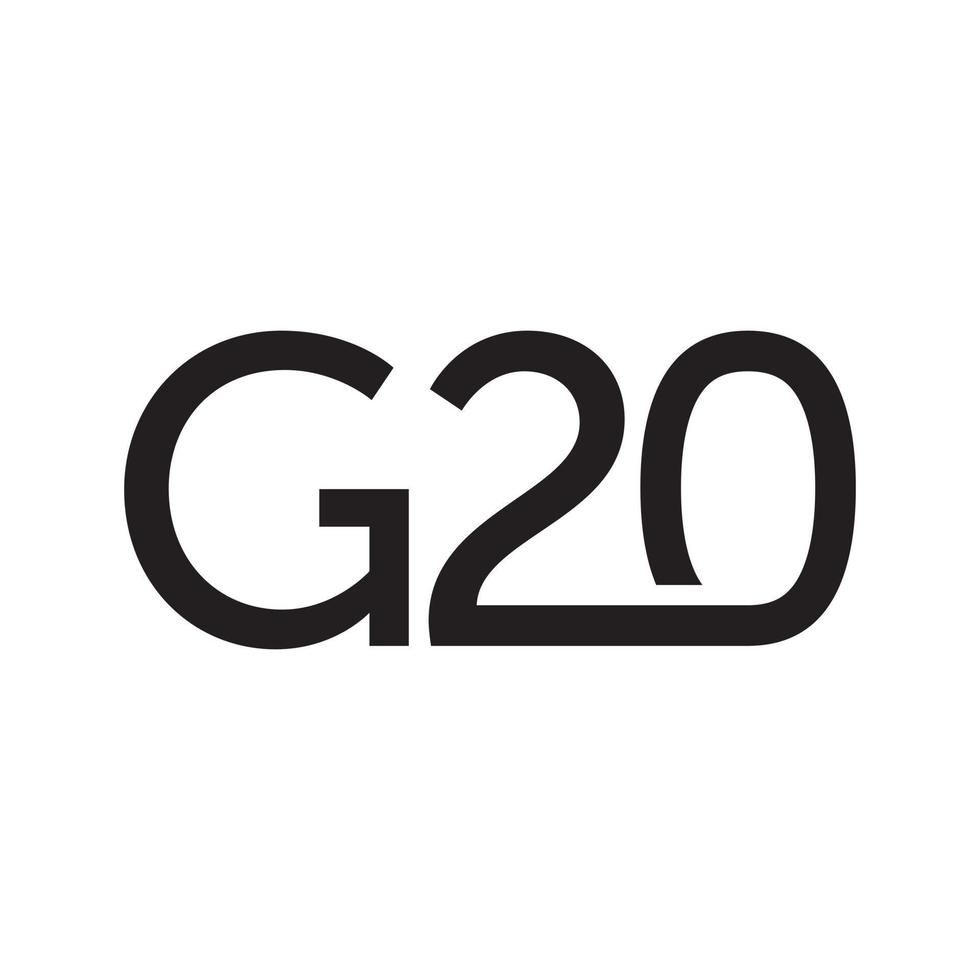
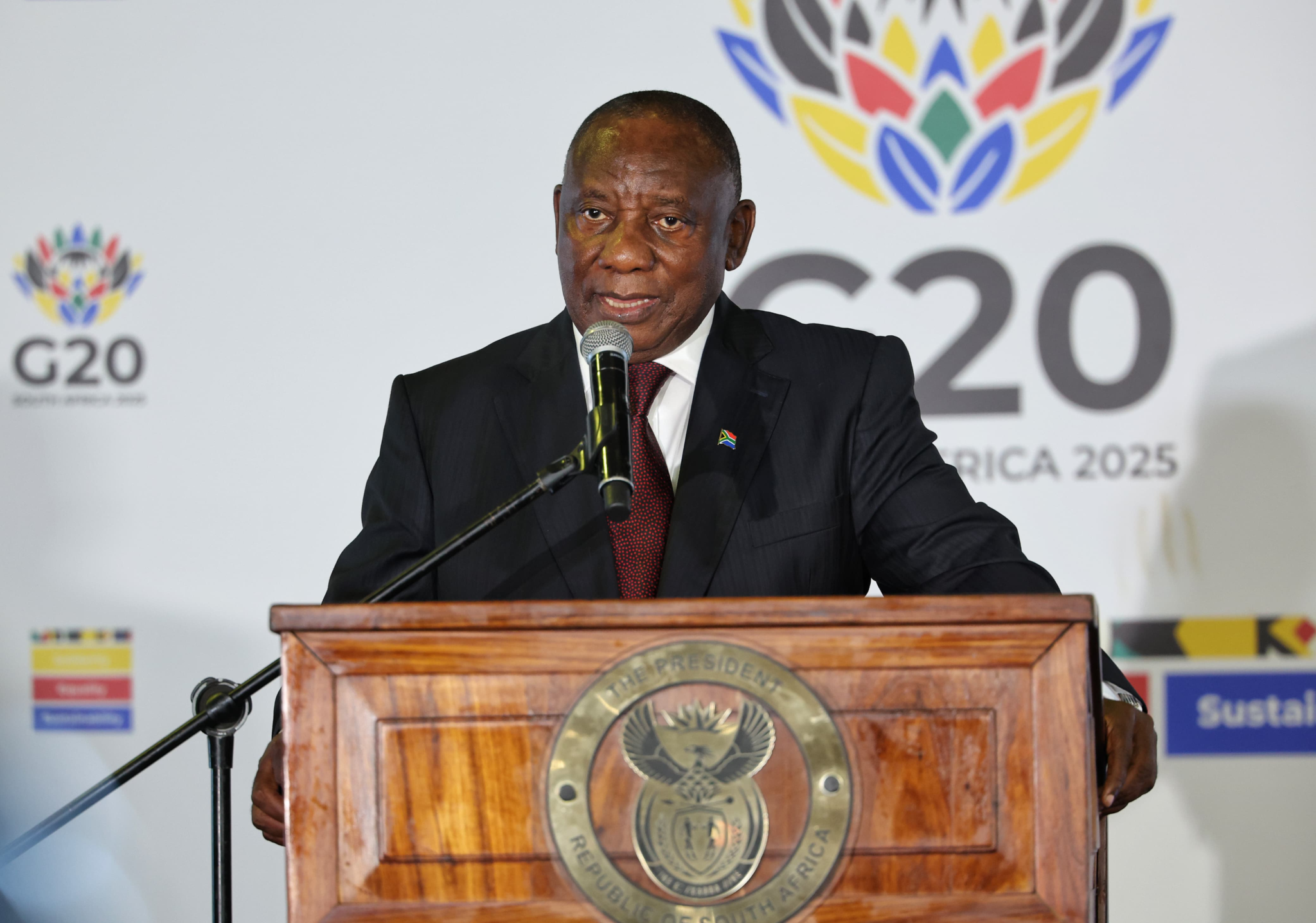


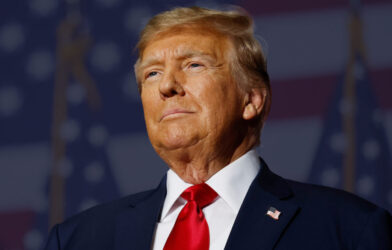
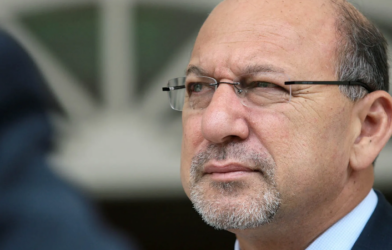
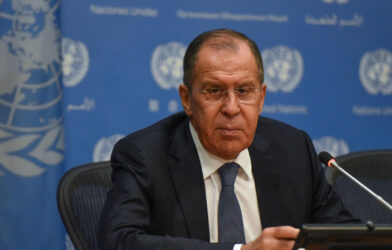

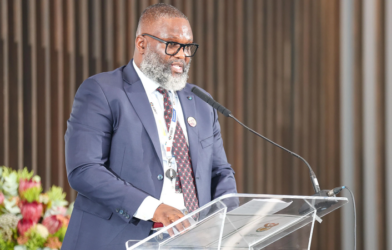
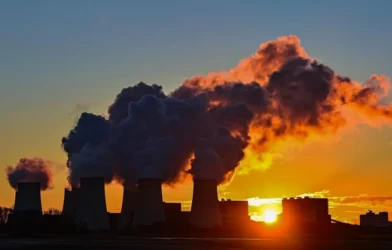
Comments are closed